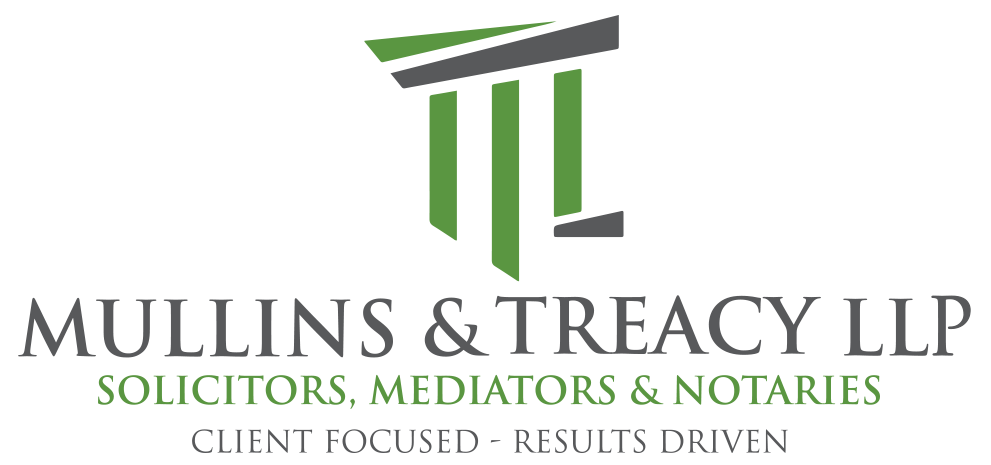Fathers and Child Guardianship
Fathers and Child Guardianship
In Ireland, fathers do not automatically have guardianship unless they are married to the mother, or have been cohabiting for a certain amount of time (subject to certain conditions). However, it is possible to acquire guardianship by way of agreement, or through the courts.
What is child guardianship and why does it matter?
When you are a guardian of a child, it means that you have a duty to care for that child. It also gives you the legal right to make decisions about the child’s upbringing. This includes decisions such as where your child goes to school and what medical treatment he/she receives. Your consent will also be required if someone else wants to take the child out of the country.
Therefore, child guardianship matters a great deal. Otherwise, you can theoretically be left out of important decisions in your child’s life. Legally speaking, you will not have a say as to whether your child changes their surname, moves abroad or receives medical vaccinations – to name but a few examples.
Child guardianship for fathers
Mothers automatically have guardianship, unless the child is put up for adoption. However, the position for fathers is a little less clear-cut and depends on a variety of factors.
If you marry before the child is born
If you are married to the mother of your child at the time of the child’s birth, then you have the automatic right to child guardianship. You and the mother are joint guardians and must make decisions together. This right will continue, even if you later separate, divorce or re-marry.
If you marry after the child is born
If you marry the mother of your child after the child is born, then you automatically become a guardian, provided your name is on the birth certificate.
If you live together but you are not married
If you are unmarried but you and the mother are living together, then you may be able to acquire guardianship. This is thanks to legal changes introduced on 18 January 2016. To qualify, you must have been living with the mother for 12 consecutive months since 18 January 2016, and three of these months must have been following the child’s birth. If you fulfil these criteria, you automatically acquire guardianship.
If you both agree that you should become a guardian
If you are not married and you are not cohabiting (or you don’t want to wait a whole year to become eligible for guardianship), then you can acquire guardianship by agreement. The mother would have to consent to you becoming a guardian. If she does agree, you can fill out a statutory declaration form. This must be signed by both parents in front of a Notary Public, Peace Commissioner or Commissioner for Oaths.
If the mother does not agree
If you do not automatically have guardianship and the mother does not agree to signing a statutory declaration, you have one option left: to make an application through the courts. The court will decide what is in the child’s best interests. If you have a relationship with your child, and the court deems it preferable that you are involved in care decisions, then you will be granted guardianship – despite the mother’s wishes.
Help for unmarried fathers
It is important to remember that the law in Ireland differs to other jurisdictions. In England and Wales, for example, a father can acquire parental responsibility if his name is on the birth certificate. This is not the case under Irish law.
This puts unmarried fathers in a precarious position. If you are not in a relationship with the mother, you may already feel like you are being left out of important decisions regarding your child’s life. The fact that you don’t have guardianship will only add to the problem, as the mother has no legal obligation to consult you.
If you want to find out more about child guardianship, please contact us at Mullins & Treacy LLP Solicitors. We can clarify your position, explaining whether you have guardianship for your child, and if not, how to get it. We are client focused and results driven.
Call us on 051 391 488 or email reception@mullinstreacy.ie for a free no obligation enquiry.We are client focused and results driven.
Before you go…
We don’t just do Probate and Powers of Attorney! We can also help you with:
Property Transactions
Personal Injury
Medical Negligence
Wills
Powers of Attorney
Family Law

 Mullins & Treacy LLP LLP Solicitors Waterford
Mullins & Treacy LLP LLP Solicitors Waterford